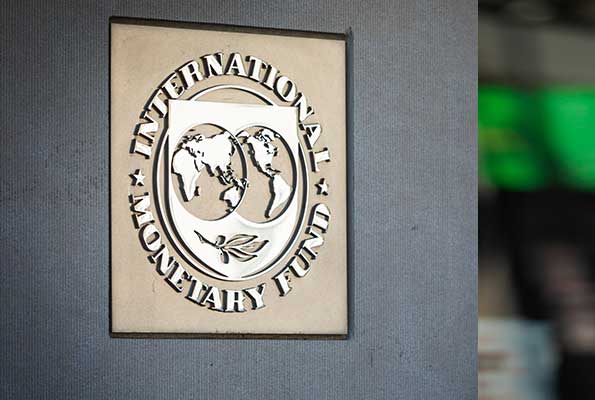According to a working paper from the International Monetary Fund (IMF), the Philippines is anticipated to benefit more from the Association of Southeast Asian Nations (ASEAN) financial integration.
The Philippines would benefit more, according to the research, because it has one of the lowest levels of financial development in the area. The document is titled “ASEAN-5: Further Harnessing the Benefits of Regional Integration Amid Fragmentation Risks.”
The IMF said, “While all countries have potential gains from financial integration, Indonesia and Philippines, which have the lowest level of financial development, would gain more with an average growth impact of about 3.5 percentage points.”
The study emphasised that there is still opportunity for improvement in a number of areas, including information technology (IT) integration, training and education, talent, and regulatory framework in the Philippines and Indonesia.
While still not insignificant, Thailand and Malaysia, which have a smaller financial development gap than Singapore, have fewer gains. On average, they have an additional growth rate of roughly 1.2%.
Overall, the study’s findings demonstrate that the ASEAN-5 region’s potential for growth via financial integration is not negligible and will differ between nations and industries.
“We, thus, estimate the growth effect of raising financial development in the other ASEAN-5 countries (Indonesia, Malaysia, Philippines and Thailand) to the level in Singapore, which presumably could take a long time to achieve,” IMF noted.
IMF also stated that countries with relatively high levels of capital flow restrictions, such as the Philippines, Thailand, and Malaysia, are particularly notable examples of how capital account liberalisation shapes the benefits of financial integration.
Through the interbank network operator BancNet, which connects the ATM networks of domestic and foreign banks, the Philippines has signed trilateral cross-border agreements with Malaysia and Singapore. BancNet is situated in Manila.
The ASEAN-5 economies, like those of other nations, have encountered a number of challenges that may impede regional and international integration.
Although they tended to be primarily transient, the COVID pandemic and related protectionism measures at the beginning of the health crisis have revealed weaknesses in global value networks.
The dangers of geoeconomic fragmentation have also increased, according to the IMF, as a result of the recent rises in geopolitical tensions following Russia’s invasion of Ukraine.
“ASEAN-5 economies are highly vulnerable to global economic fragmentation, particularly through trade-related channels, as supply chain disruptions could adversely impact important sectors of their economies that are highly integrated into global value chains, for example, electronics,” it added.
Despite significant advancement, the multilateral lender stated that regional trade integration might still be improved, particularly in light of the recent adoption of the Regional Comprehensive Economic Partnership.
“As financial integration may also present some risks and challenges, ASEAN economies should carefully proceed to contain risks to financial stability,” it concluded.
The paper argues that strong macroeconomic fundamentals and efforts to strengthen the resilience of domestic financial institutions, notably through improved information exchange, monitoring, and crisis management, as well as a regional safety net, should come before initiatives towards greater financial openness.



